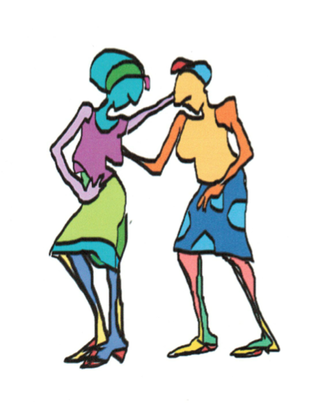Relationships
Interpersonal Rules that Undermine Your Relationships #4
People on top of a social hierarchy have more value than those on the bottom.
Posted May 8, 2017
Ineffective Interpersonal Rule #4
In a stratified, competitive system, individuals at the top have more value and power than those on the bottom.
In a hyper competitive society, differences between individuals are rarely seen as an asset. Instead, they are often judged and stratified. Once a value judgement is made, individuals are quickly bifurcated and placed into dominant and subordinate groups that make up the power over, excessively competitive system. The judgments often go beyond any personal strength or weakness and become attached to the value of the person himself. Not only do those placed in the subordinate role "get less" of everything, but the devaluing of them makes it easier to believe that they actually deserve to get less! This creates the disastrous relational myth that if you are lower on the pecking order you are a less valuable

member of society. The social status of immigrants in this country is a good example as most are now judged as inferior and immediately assigned subordinate group status with less power and value than the dominant group. They may be demeaned and dehumanized by the dominant group and seen as deserving of the criticism.
In a world where relationship is central, the whole is always greater than the sum of the parts. My strength does not threaten your strength. Some fear that it would lead to a bland, vanilla culture where there is no way to tell one person from the next. Not so. Valuing the relationship between people, means noticing and appreciating vast differences among people. In a relational world, there is less need to conform or fit in to a culturally prescribed role. Individuals can be seen more clearly, roles are more finely differentiated, and all parts hold more value. Valuing the relationship between people makes both people stronger.
References
In a power over system, it is essential to know who is in charge – and quite easy. The people in the dominant group are always in charge.


